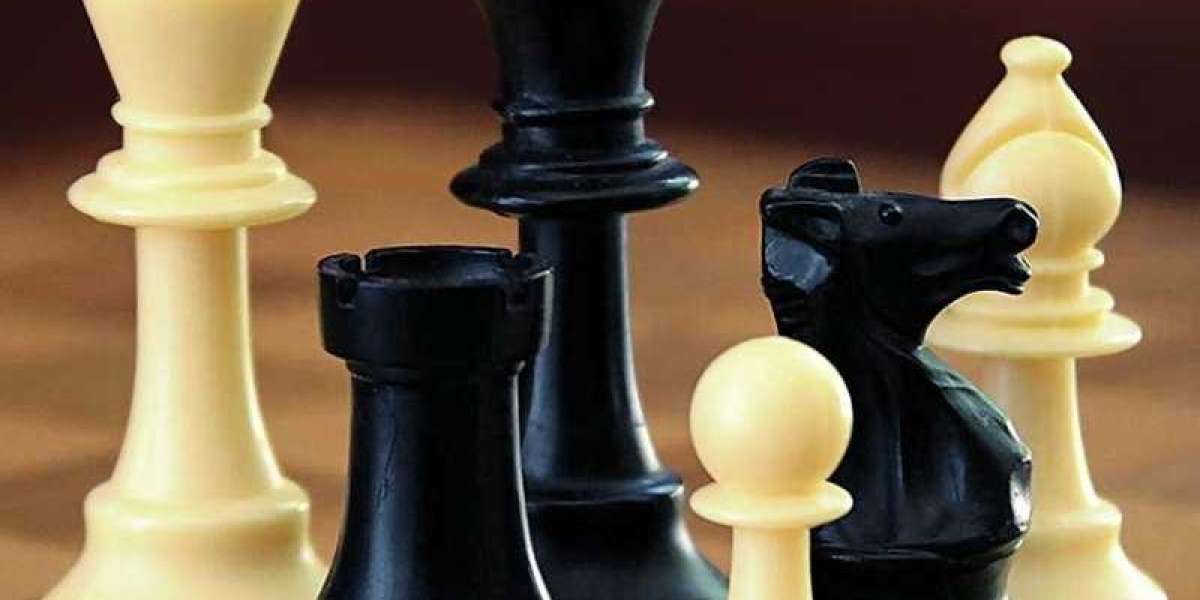Chess is a classic board game that has been played for centuries. It is a game of strategy, tactics, and critical thinking that requires players to anticipate their opponents' moves while also planning their own. Chess has been considered a challenging game with simple rules that requires a lot of brainpower and focus. Many people enjoy playing chess because of the intellectual challenge it provides, but there are also many other reasons to learn the game. In this article, we will explore some of the benefits of learning chess and why it is an amazing game.
Chess Helps Improve Critical Thinking Skills
Chess is a game that requires players to think critically and strategically. It is a game of analyzing different moves and anticipating your opponent's next move. Playing chess can help improve critical thinking skills by teaching players to analyze situations and make logical decisions. It can also help players learn how to evaluate different options and choose the best one based on the situation.
Chess is a Social Game
Chess is not just a game played alone. It can also be a social game that brings people together. Players can participate in chess clubs, attend tournaments, or simply play with friends and family members. Chess can be a great way to meet new people and make friends with those who share similar interests.
Chess Can Help Improve Memory
Playing chess requires players to memorize different moves and strategies. As players learn and practice different chess openings and defenses, they are improving their memory skills. Studies have shown that playing chess can help improve short-term memory and also aid in the prevention of memory loss in later life.
Chess Can Help Improve Problem-Solving Skills
In chess, players are faced with different problems to solve. They need to figure out how to get their pieces into the best positions while also anticipating their opponent's moves. Chess can help players develop problem-solving skills by teaching them to identify problems and come up with solutions that work.
Chess Can Help Improve Concentration
Playing chess requires concentration and focus. Players need to analyze the game board and anticipate their opponent's next move. Chess can help improve concentration skills by teaching players to focus on the game and block out distractions.
Chess Can Help Improve Planning and Decision Making
Chess is a game of planning and decision making. Players need to plan their moves in advance and make decisions based on the situation. Chess can help improve planning and decision-making skills by teaching players to consider all the different options and choose the best one based on the situation.
Chess Can Help Develop Patience
Chess is a game that requires patience. Players need to be patient and wait for the right opportunity to make their move. Chess can help develop patience by teaching players to be patient and wait for the right moment to strike.
Chess Can Help Develop Sportsmanship
Chess is a game that teaches sportsmanship. Players need to be gracious in victory and defeat. They need to congratulate their opponent when they win and accept defeat gracefully. Chess can help develop sportsmanship by teaching players to apologize for the previous incomplete message. Here's the rest of the article:
respect their opponent and accept the outcome of the game with dignity.
Chess is an Inexpensive and Accessible Game
Chess is an inexpensive and accessible game. All you need is a chessboard and pieces, and you can play anytime and anywhere. There are also many online resources available, such as chess tutorials and games, which are free to use.
Chess is a Fun and Engaging Game
Chess is a fun and engaging game that can provide hours of entertainment. It is a game that never gets old, as every game presents a new challenge. Whether you are a beginner or an experienced player, there is always room for improvement and new strategies to learn.
Chess is a Game That Can Be Played for a Lifetime
Chess is a game that can be played for a lifetime. It is a game that can be enjoyed by people of all ages, from children to seniors. It is a game that can be played at any time and anywhere, making it a convenient game to learn and play.
Conclusion: Chess is a Game Worth Learning
In conclusion, learning chess is an excellent way to improve critical thinking skills, memory, problem-solving skills, concentration, planning, decision making, patience, and sportsmanship. It is a game that is fun, engaging, and accessible, making it an excellent pastime for people of all ages. If you haven't already, give chess a try and see for yourself why it is an amazing game worth learning.








